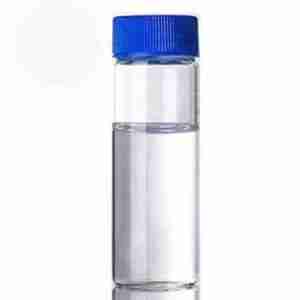Phenol Typical Properties
Appearance
Transparent crystalline solid
Purity
99.50%
Refractive index
n20/D 1.53
Stability
Stable, flammable, burning danger in case of open fire, high temperature and strong oxidant
Flashing point
175°F
Vapor pressure
0.09 psi ( 55 °C)
Storage condition
Ventilation in warehouse, dry at low temperature, separate from oxidizer
Melting point
40-42 °C(lit.)
Density
1.071 g/mL at 25 °C(lit.)
Boiling point
182 °C(lit.)
What is phenol?
Phenol (C6H5OH) is a colorless needle crystal with a special smell. It is toxic and is an important raw material for the production of certain resins, fungicides, preservatives and drugs (such as aspirin). 2. Phenol can also be used to disinfect surgical instruments and excreta, skin disinfection, itching and otitis media.
Melting point is 43 ℃, slightly soluble in water at room temperature, soluble in organic solvents; when the temperature is higher than 65 ° C, it can be miscible with water in any proportion.
Phenol is corrosive and will denature local proteins after exposure. Apply this solution to the skin and wash with alcohol. A small amount of phenol is exposed to air and oxidized by oxygen to strontium, which is pink. In the case of ferric ions turning purple, this method is usually used to test phenol.
Phenol application
Phenol is an important organic chemical raw material.
Phenol can be used to produce phenolic resin, caprolactam, bisphenol A, salicylic acid, picric acid, pentachlorophenol, 2,4-D, adipic acid, phenolphthalein n-acetoxyaniline and other chemical products and intermediates.
Phenol has important applications in chemical raw materials, alkylphenols, synthetic fibers, plastics, synthetic rubber, pharmaceuticals, pesticides, perfumes, dyes, paints, and oil refining.
In addition, phenol can also be used as a solvent, laboratory reagent and disinfectant. Aqueous phenol solution can separate the proteins on the chromosome of plant cells from DNA and promote DNA staining.
Phenol Package
200kg Galvanized steel drum
Phenol store
The warehouse is ventilated, low-temperature and dry; stored separately from oxidants.






